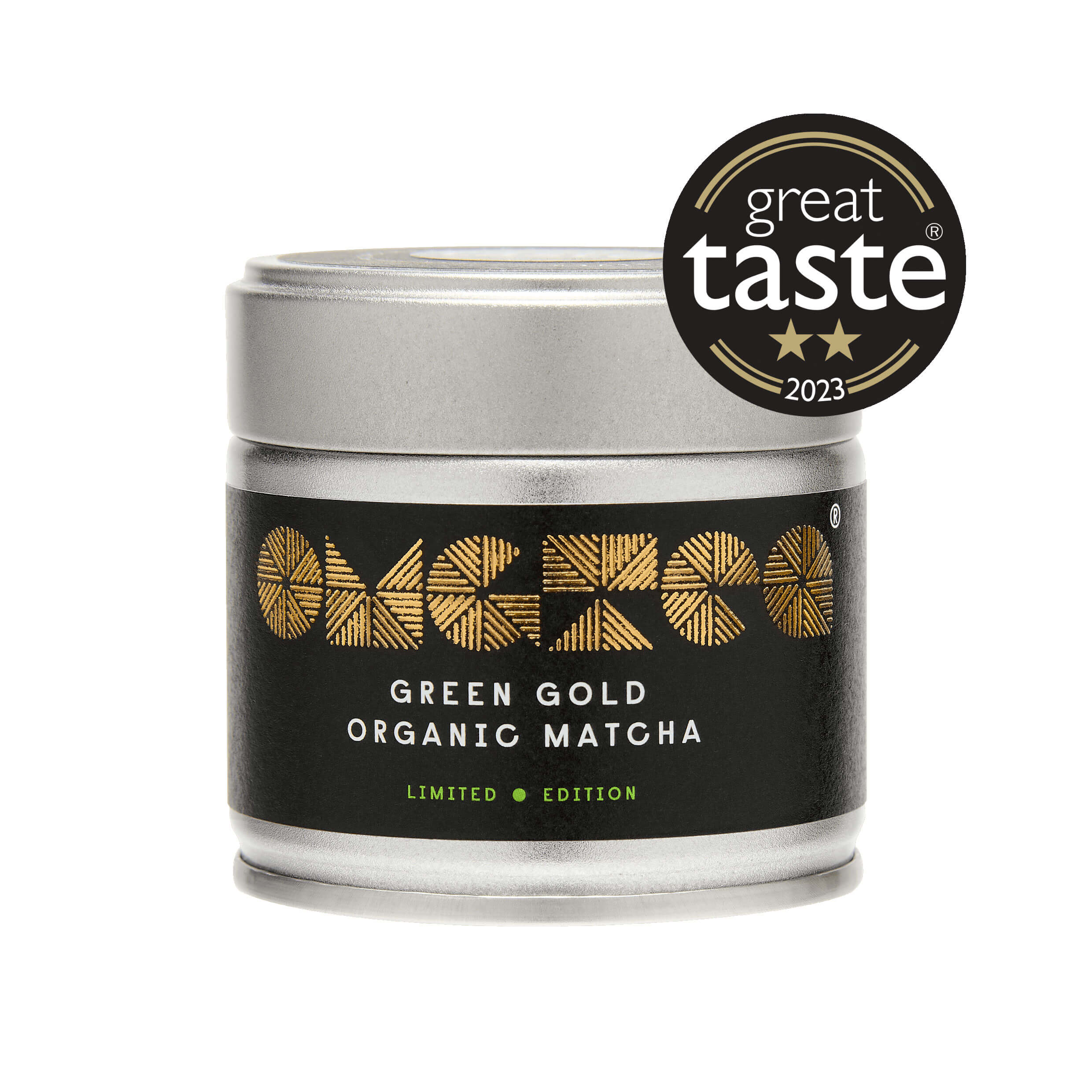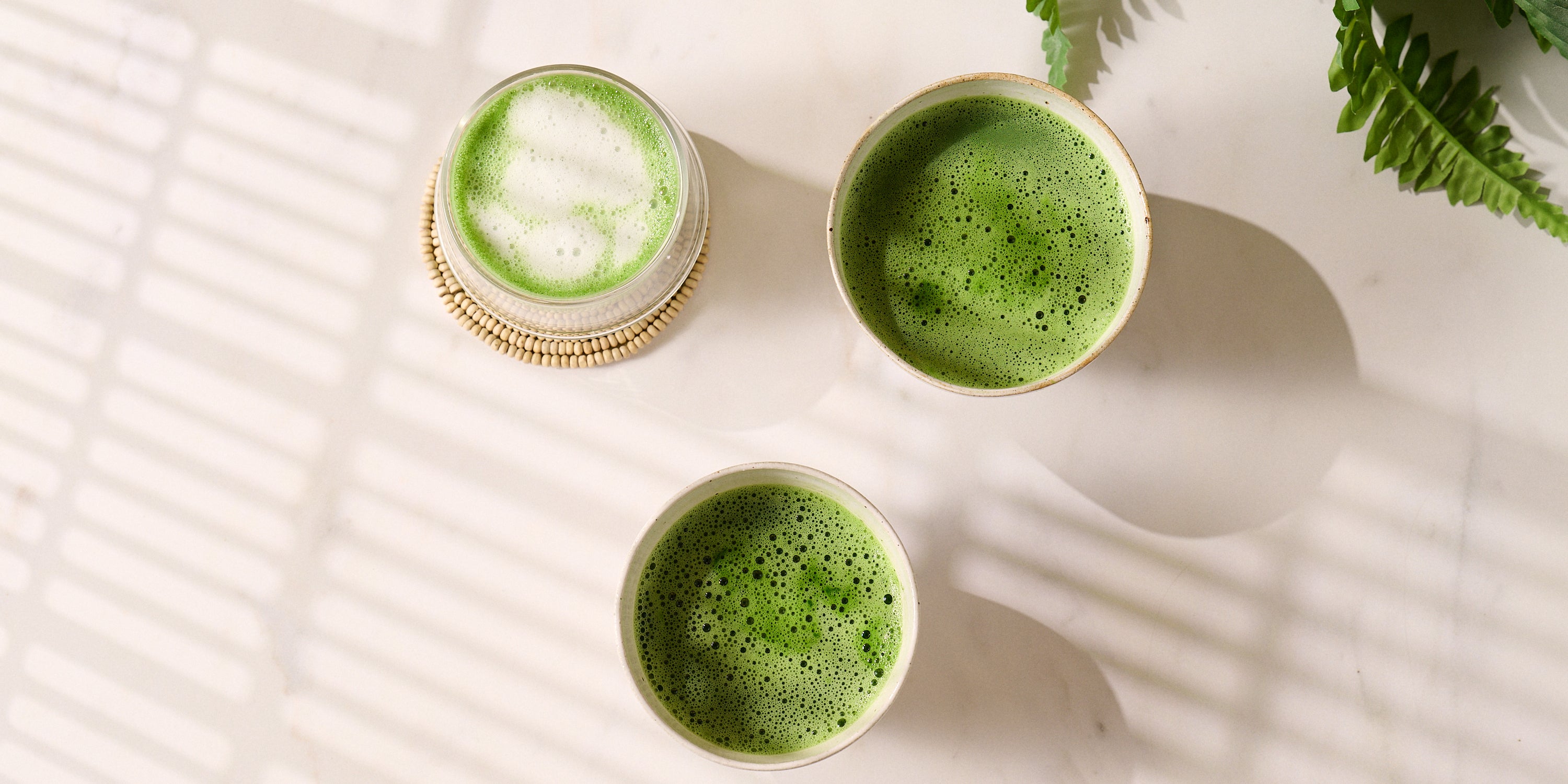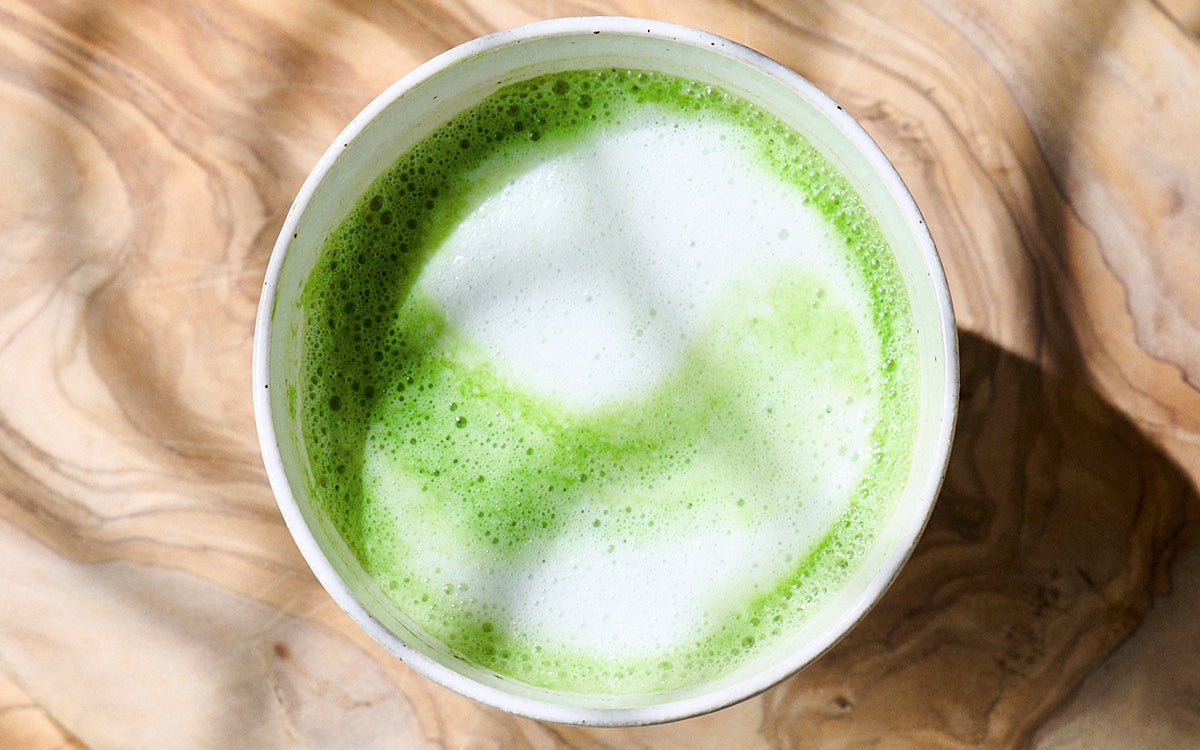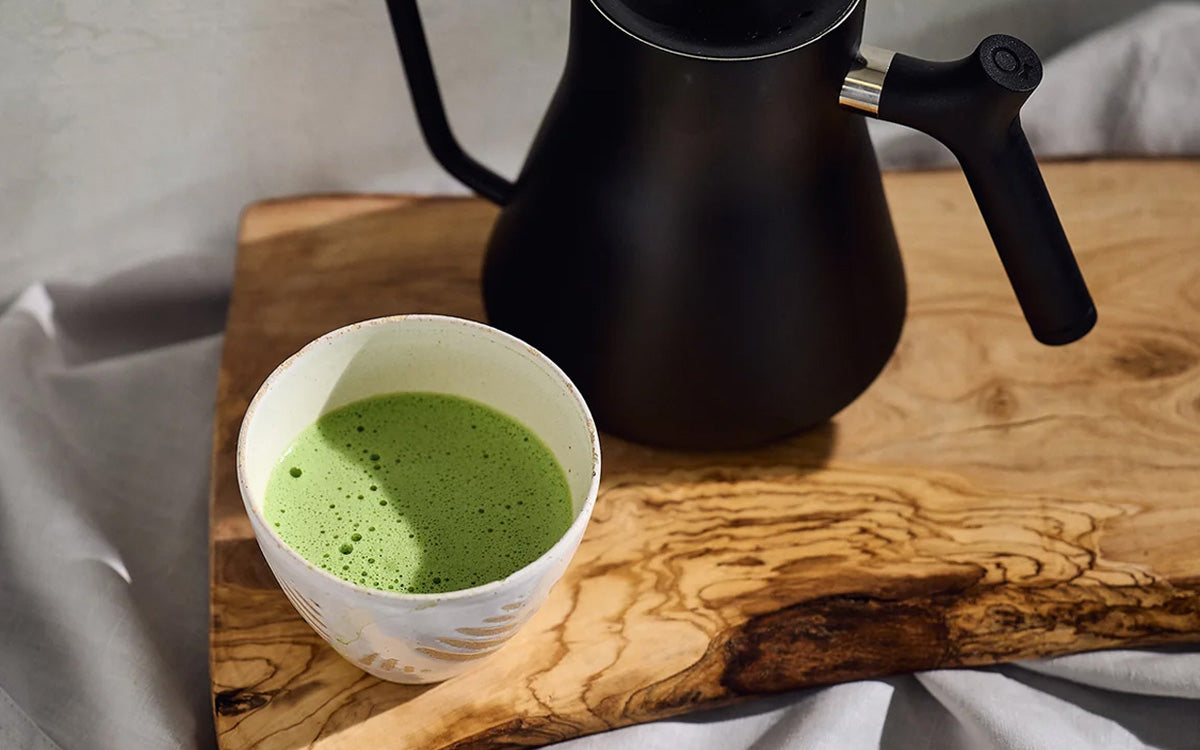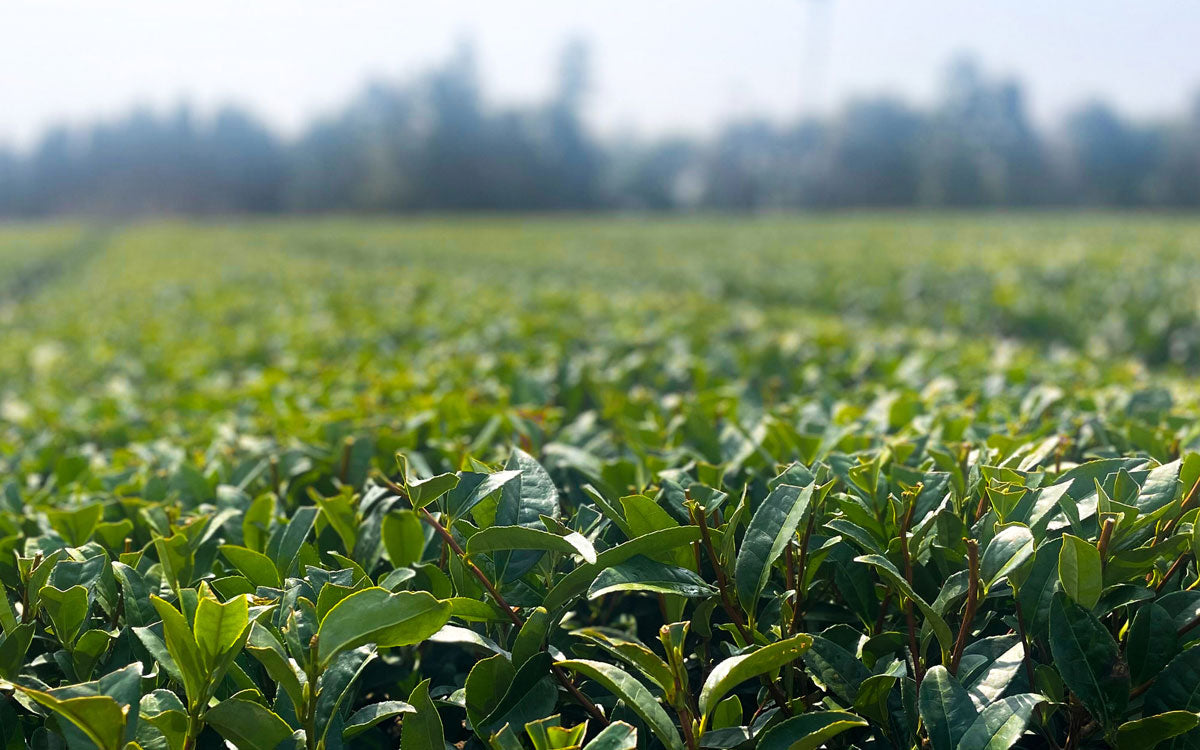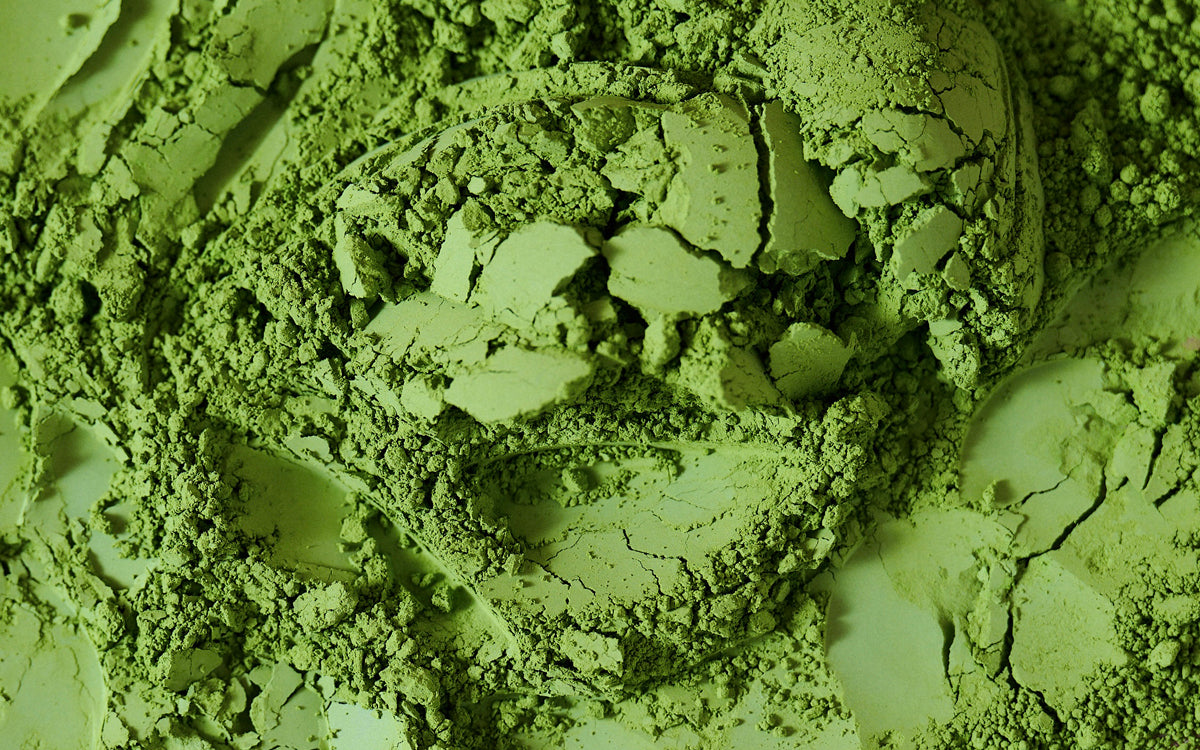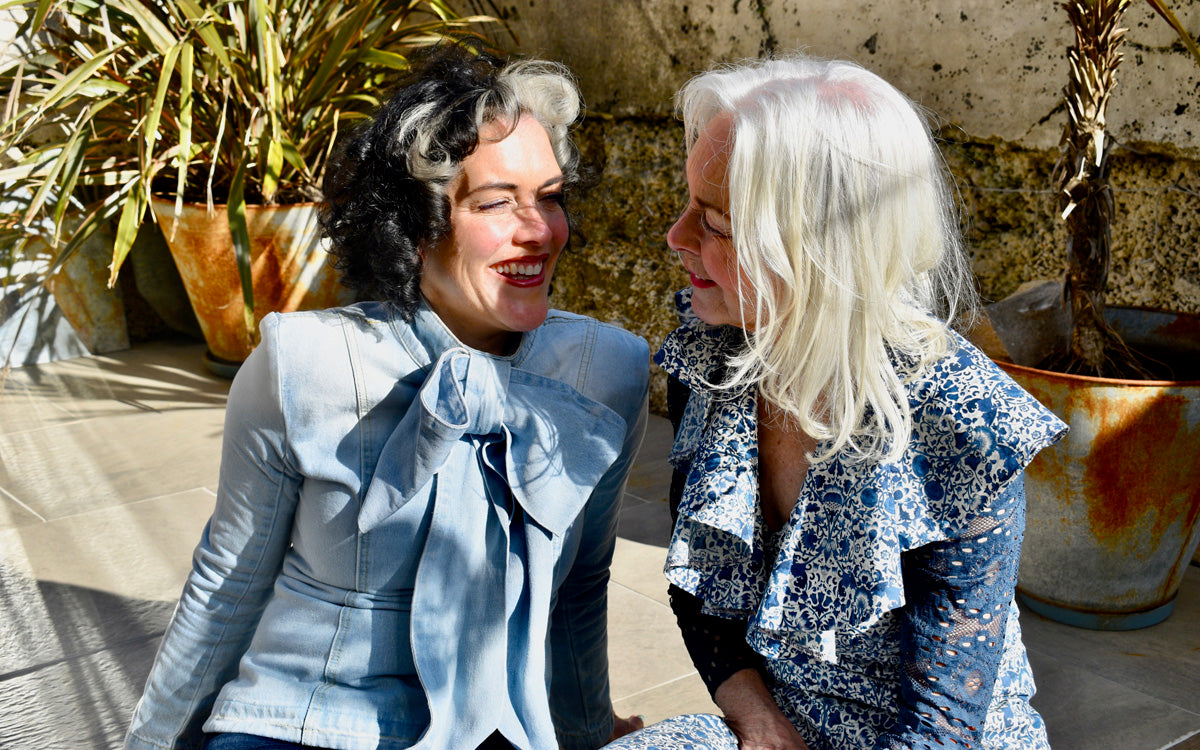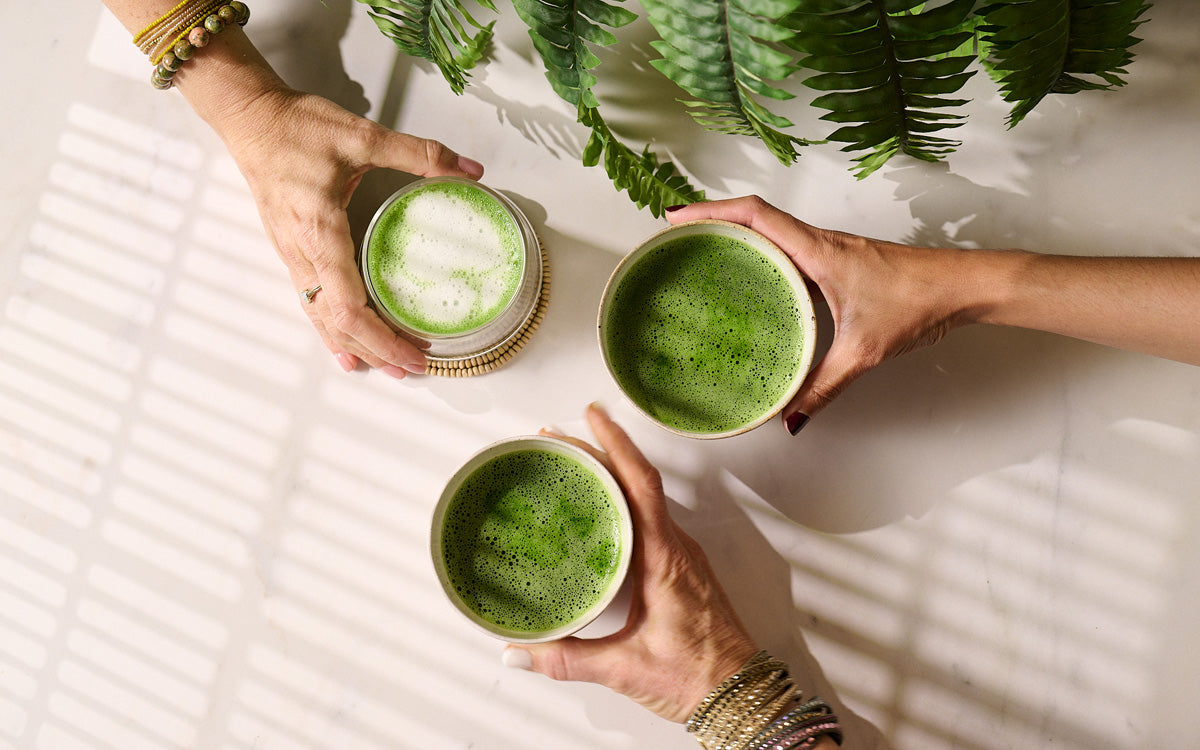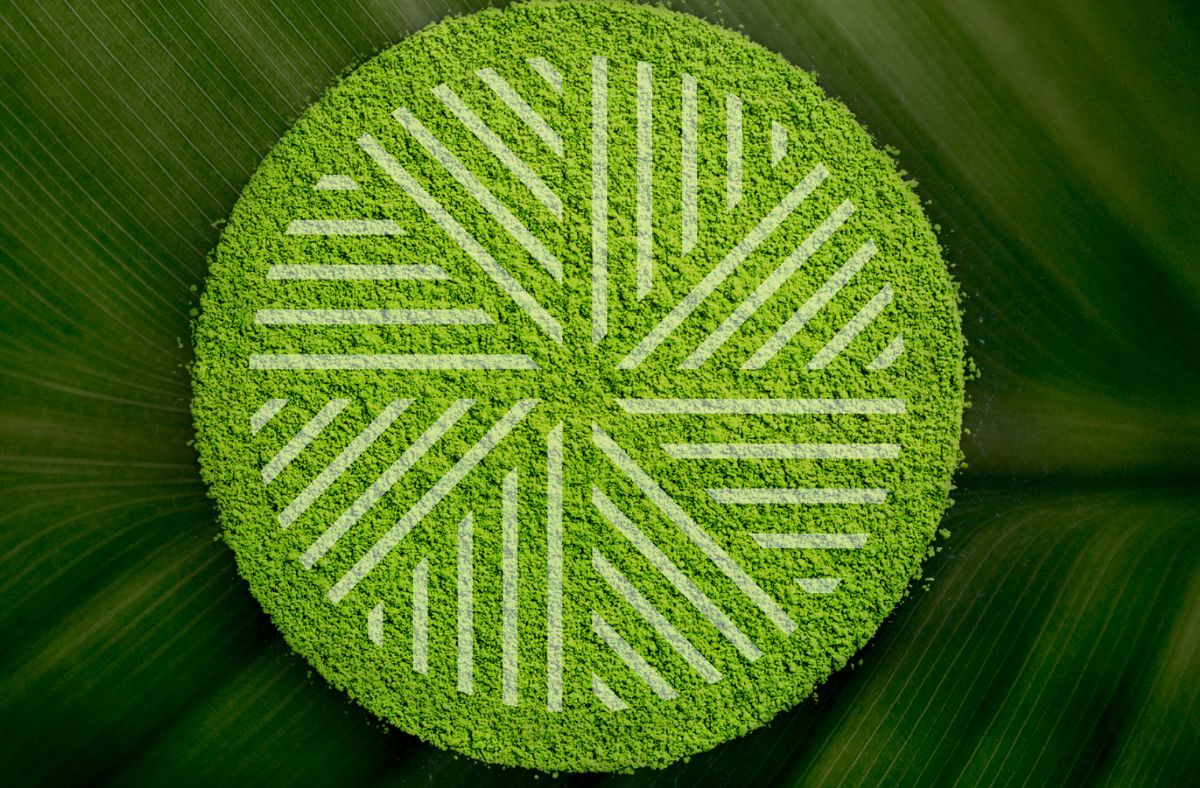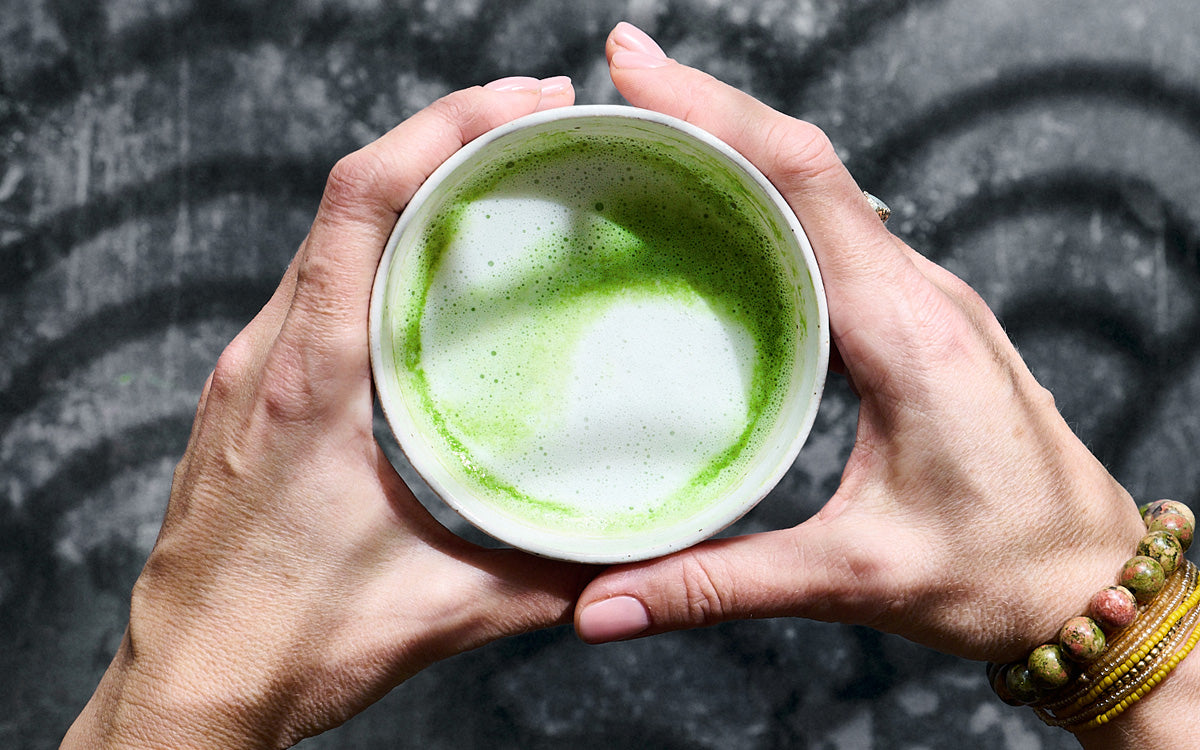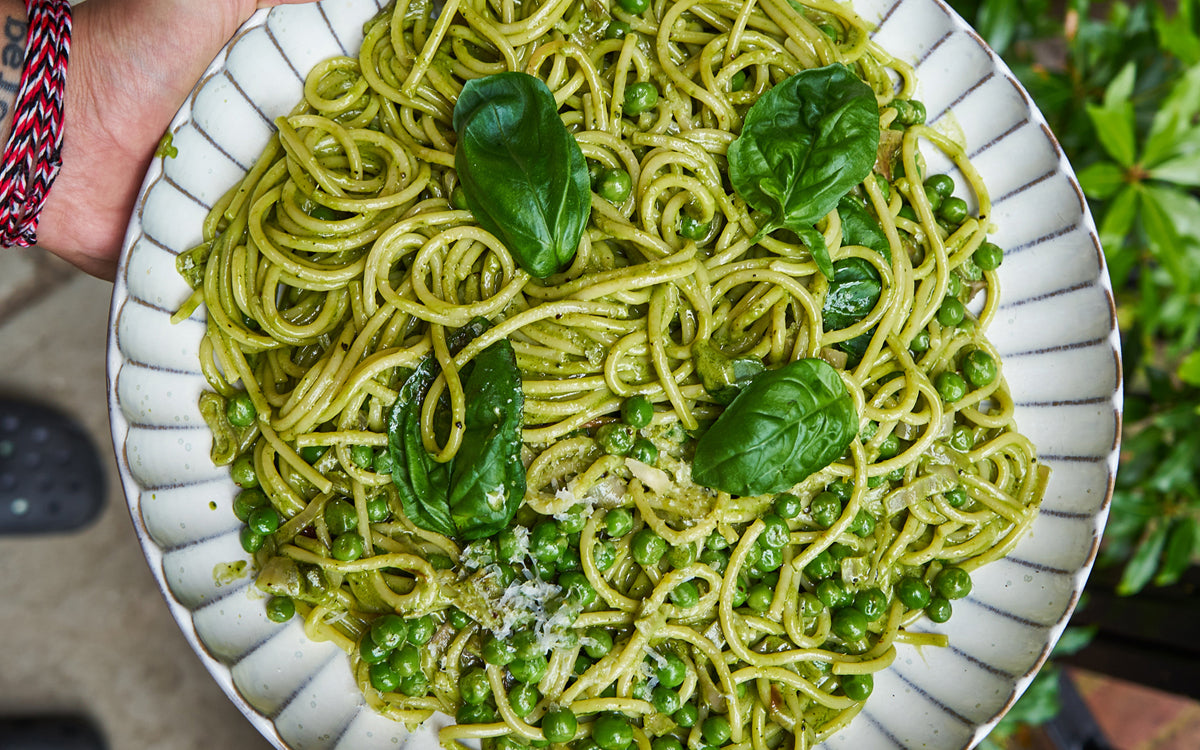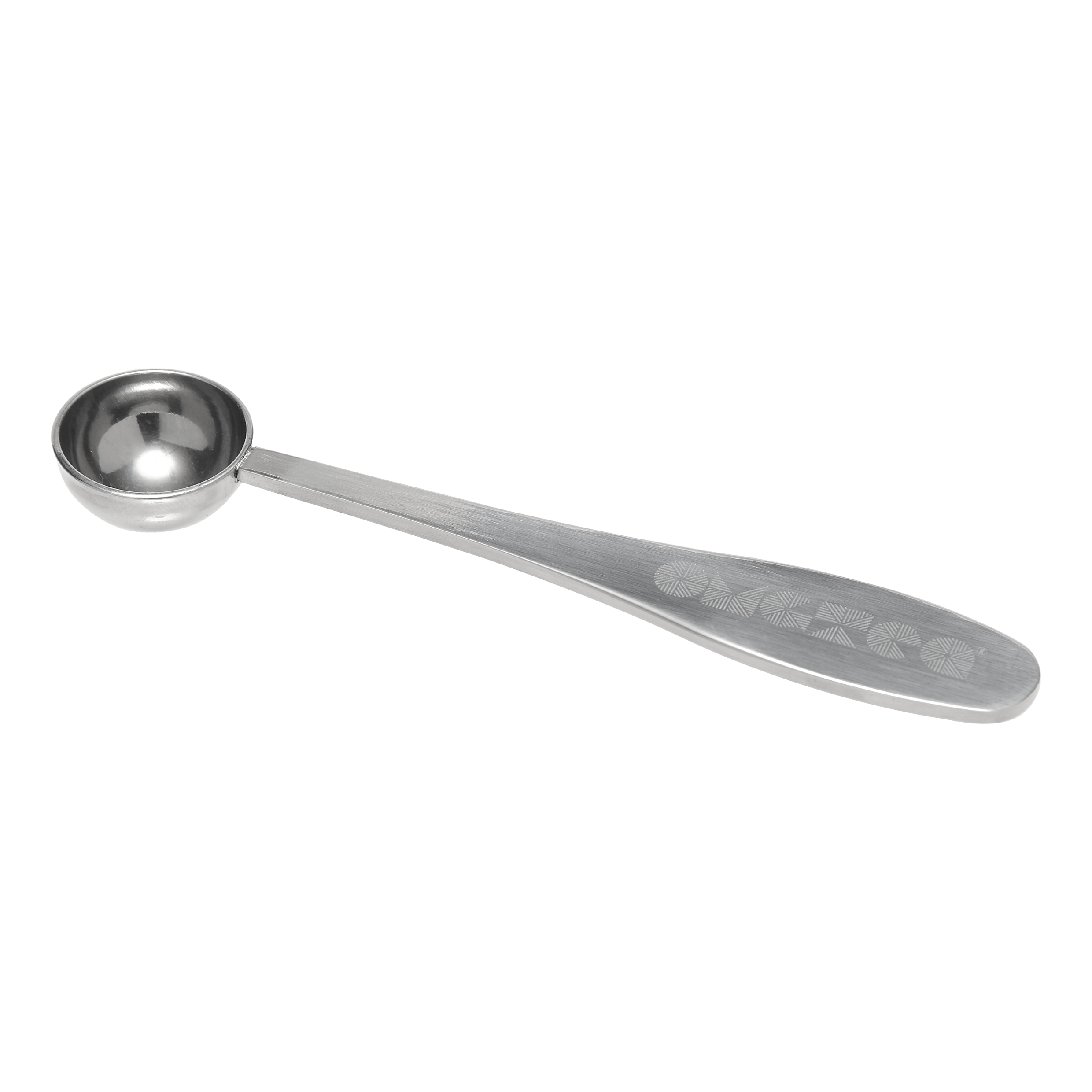- Drinking matcha increases fat burning, which may boost weight loss for those undertaking regular exercise.
- Drinking matcha also had no adverse physiological effects such as raised heart rate or blood pressure.
- New study paves the way for future research to unlock the full potential of Matcha on weight loss.
New research from Acadia University in Canada and in partnership with the University of Chichester in the UK, reveals how quality matcha can significantly increase fat burning during moderate exercise. The findings showed that female participants had higher fat burning during brisk walking with quality Matcha green tea.
Researchers examined the effects of three weeks daily intake of OMGTea Matcha on substrate oxidation during moderate exercise in females. Participants consumed 3 x 1 gram servings of OMGTea Matcha per day for three weeks.
In this study, the group data showed that exercise-induced fat oxidation was significantly increased by 35%!
There was no relationship between the body fat percentage and the absolute or percentage change in exercise-induced fat oxidation by OMGTea Matcha.
Prof Mark Willems from the University of Chichester in the UK said “What is interesting is that it does not matter what body composition you have; it allows females to burn more fat during walking. The ability to burn more fat also happens after many weeks or months of endurance training, and we observed this just by taking Matcha for three weeks. We need to do more work to unlock the potential of Matcha. An increase of 35% of fat oxidation is substantial and clearly at the higher end of what has been seen before in green tea studies.”
It was also very interesting to note that there were no adverse physiological effects, such as increased heart rate, meaning that matcha is a very healthy alternative to other weight loss products on the market.
Leading the study was Dr Mojtaba Kaviani, a certified clinical exercise physiologist and an Assistant Professor in the School of Nutrition and Dietetics at Acadia University in Canada. He said “The study provided us with more insight on the potential of Matcha to provide health benefits. It was great to be able to do the first chronic intake study of Matcha and examining the substantial effects on fat oxidation during walking”.
This study follows another one carried out at the University of Chichester’s Department of Sport & Exercise Sciences in 2017, in which participants experienced a 19% increase in fat oxidation and indicates how consuming matcha green tea may benefit those looking to lose fat more efficiently and quickly while undertaking exercise as part of a weight loss program.
It may also offer a natural, nutritional intervention for aiding weight loss and preventing obesity by burning fat faster during regular, gentle exercise activity.
Matcha green tea contains one of the highest concentrations of polyphenols and antioxidants called catechins in any commercially-grown food. EGCG, L-Theanine and natural caffeine are the active ingredients that delivers the potential weight loss and sports performance benefits.
Declaration of interest
OMGTea Ltd, United Kingdom provided the Matcha but had no role in any aspect of the study and manuscript.
About the authors
Mark E. T. Willems is a Professor of Exercise Physiology in the Institute of Sport at the University of Chichester. His research interests are sports nutrition, functional foods and muscle physiology.
Hillary L. Fry is a student in the Master of Science Applied Human Nutrition program at Mount Saint Vincent University. Her research interests are in metabolism, and infant nutrition.
Majeedah A. Belding is a registered dietitian pursuing a Masters degree. Her research interests are sports nutrition, weight bias, and functional foods.
Mojtaba Kaviani is a certified clinical exercise physiologist and an assistant professor in the School of Nutrition and Dietetics at Acadia University. His research interests are sports nutrition, sport/dietary supplements, and exercise physiology.
References
Andreu-Fernandez V, Almeida Toledano L, Pizarro N, Navarro-Tapia E, Gomez-Roig MD, de la Torre R, Garcıa-Algar O. 2020. Bioavailability of epigallocatechin gallate administered with different nutritional strategies in healthy volunteers. Antioxidants (Basel) 9(5):440. doi:10.3390/ antiox9050440.
